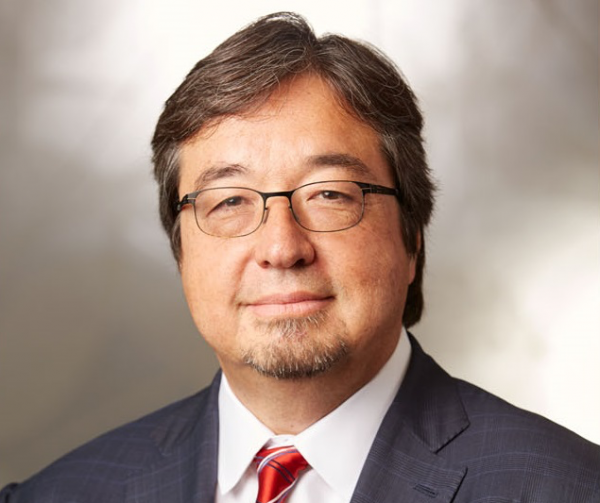Biogen's executive vice president and global chief medical officer says the company is progressing development of potential treatments for Alzheimer's disease because it is driven by the "profound unmet needs of patients, families, caregivers and society."
Dr Alfred Sandrock received his BA in human biology from Stanford University, an MD from Harvard Medical School and a PhD in neurobiology from Harvard University.
He told BiotechDispatch the company is undaunted by the historically high failure rates in the development of treatments for Alzheimer’s.
"Our focus on neuroscience, our deep scientific expertise, and strong collaboration with stakeholders make us leaders in the research and development of medicines to transform neuroscience to benefit society," he said.
Over 300,000 Australians are currently living with Alzheimer's disease and it is one of the leading causes of death.
The development of many new treatments has stalled in recent years with several companies ending development of once-promising investigative treatments after disappointing clinical trial results.
According to Fortune magazine, the historic failure rate for Alzheimer’s therapies is 99.6 percent.
Biogen's portfolio could be an exception.
The company currently has six therapies in development for the treatment of Alzheimer's disease.
Its lead compound, aducanumab, is a monoclonal antibody that works by removing a toxic plaque in the brain called amyloid. The build-up of amyloid is thought to be a cause of Alzheimer’s disease.
Biogen licensed aducanumab from Neurimmune and is developing it in collaboration with Eisai. It is currently undergoing evaluation in two phase 3 clinical trials, ENGAGE and EMERGE.
Dr Sandrock said the studies recently completed enrolment. They are designed to evaluate the safety and efficacy of aducanumab in slowing cognitive impairment and the progression of disability in people with early Alzheimer’s disease.
The company is also developing BAN2401 in collaboration with Eisai. It is also a monoclonal antibody that removes amyloid from the brain.
The focus on removing amyloid means aducanumab and BAN2401 are not dissimilar to some other therapies that have not progressed in clinical development. However, Biogen and Eisai have taken a somewhat different approach to their development.
The companies recently reported results from a phase 2 trial of BAN2401.
The trial was different from others because it involved patients in the very early stages of Alzheimer's disease. It found these early-stage patients on therapy showed 30 percent less cognitive decline over 18 months compared to those on placebo.
The results have received a mixed interpretation from investors because of ongoing doubts over the beneficial impact of removing amyloid from the brain, the previous failure of several similar therapies, and a general caution based on the fact virtually every potential treatment for Alzheimer's has failed.
Dr Sandrock told BiotechDispatch the hypothesis is based on the belief aggregated forms of amyloid are responsible for the damage and destruction of neurons in the brain causing symptoms associated with Alzheimer’s.
On the broader question of the challenge in developing new and effective new treatments for Alzheimer's disease, Dr Sandrock said it and other dementias are complex. They will likely require multiple therapeutic approaches, not just involving the removal of amyloid, he said. "We continue to research underlying mechanisms and to identify new targets to address different pathways."
In addition to aducanumab and BAN2401, the company is also developing BACE1 inhibitor E2609 for the treatment of Alzheimer's disease in collaboration with Eisai, BIIB080 (IONIS-MAPTRx) with Ionis, as well as its own two anti-Tau-1 antibodies (BIIB076 and BIIB092).
Their development includes more than a dozen clinical trial sites throughout New South Wales, Queensland, Victoria and Western Australia.
